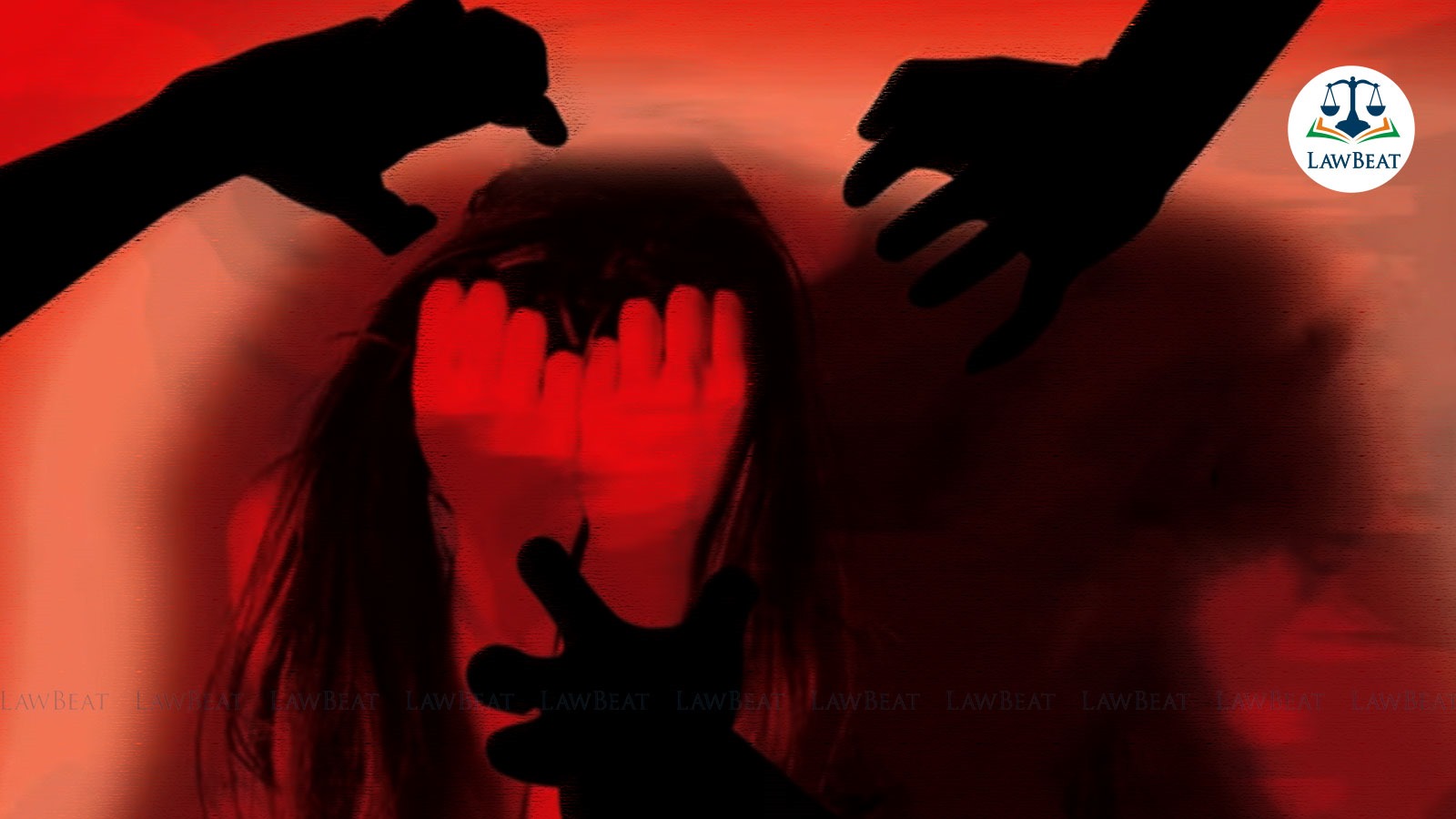Bodily Injuries or Hue and Cry Not Essential to Prove Sexual Assault: SC

Court cited the Supreme Court’s Handbook on Gender Stereotypes (2023), which stated different people react differently to traumatic events
The Supreme Court recently underscored that the absence of bodily injuries does not negate the occurrence of sexual assault, nor is it necessary for victims to raise a hue or cry as victims react in different manners in such situations.
In the FIR lodged in 1998, the appellant was not named initially but was later charged along with other accused under Sections 363, 366-A, 366, 376 read with Sections 149 and 368 of the IPC.
The Sessions Judge, Pauri Garhwal, acquitted the accused of the more serious charges but convicted the appellant and another accused under Sections 363 and 366-A of the IPC.
Considering his appeal, the bench highlighted that the testimony of the prosecutrix was the most significant evidence. In her statement, she mentioned that there were discussions about her marriage with the appellant, which her father opposed due to their belonging to different castes.
In her cross-examination, she clearly stated that she had voluntarily gone with the appellant and had not raised any alarm or indicated that she was being abducted. Additionally, her younger sister, Sarita, witnessed her going with the appellant near her school but was never presented as a witness in the case, the court observed.
The court further noted discrepancies in the timeline. Although the alleged incident occurred on March 18, 1998, around 3:00 p.m., and Sarita returned home shortly afterward, no immediate report was made to the police. The FIR was only lodged the following evening, at 7:00 p.m. on March 19, 1998.
Referring to the medical evidence, the bench emphasized its relevance. The doctor who examined the prosecutrix shortly after the incident found no signs of injury or swelling. The prosecutrix was deemed physically normal, and sexual assault was ruled out. The doctor also opined that her age was between 16 and 18 years.
Thus, the bench concluded, "The evidence indicates that the ingredients for sustaining a charge under Section 366-A of the IPC of abductions with the intent to illicit intercourse of the prosecutrix, was totally absent in the present case. Therefore, the conviction of the appellant under Section 366-A IPC cannot be sustained."
Regarding the conviction for kidnapping under Section 363 IPC, the bench pointed out that another crucial witness to substantiate the charge was Sarita, the prosecutrix’s sister. However, the prosecution did not present her testimony.
Furthermore, the prosecutrix’s age, as determined by the doctor, ranged between 16 and 18 years. In the absence of any contradictory evidence, the possibility of her being 18 years old could not be ruled out, the court added.
